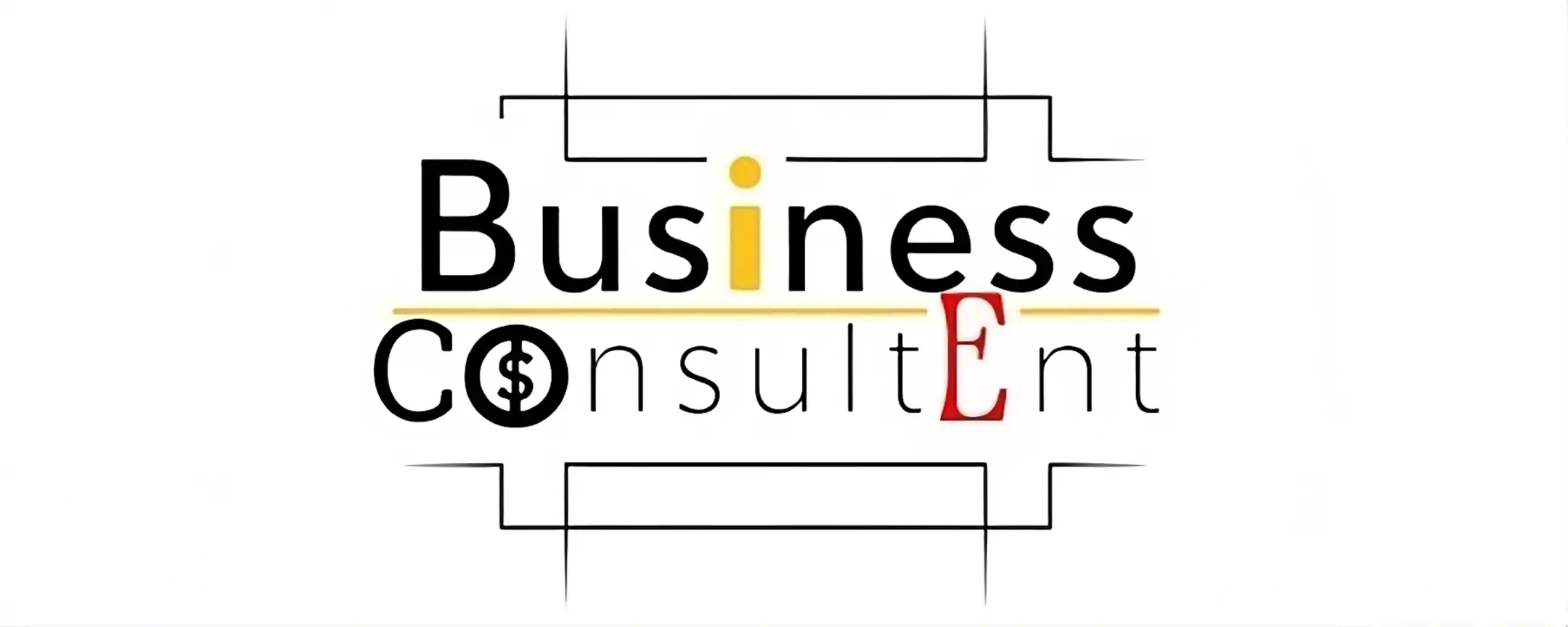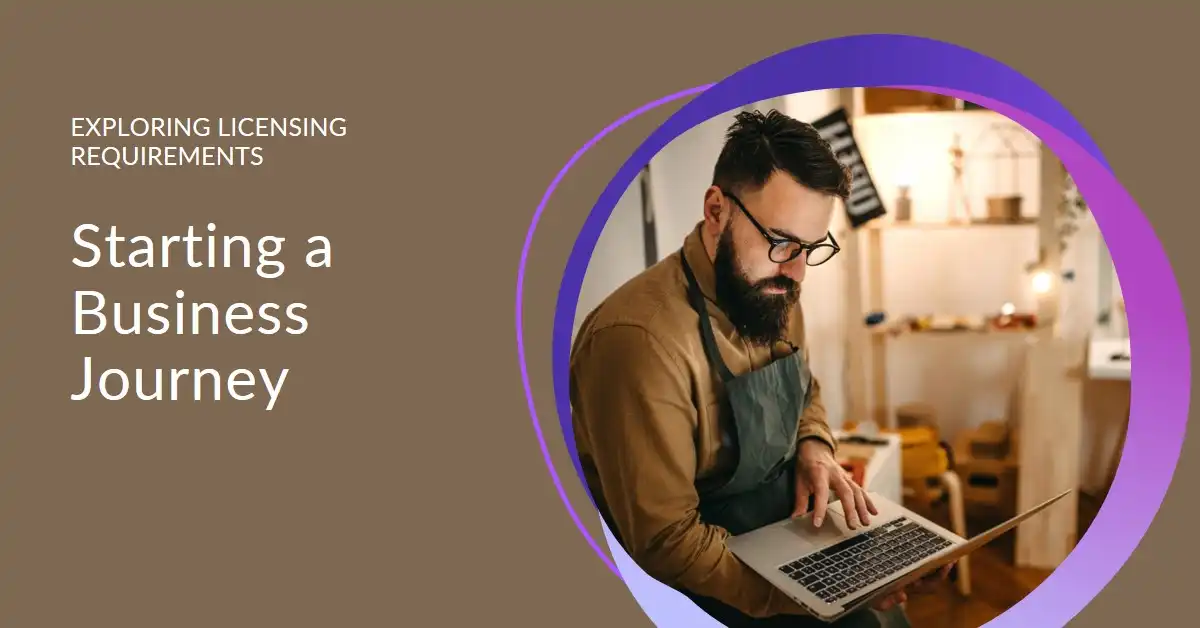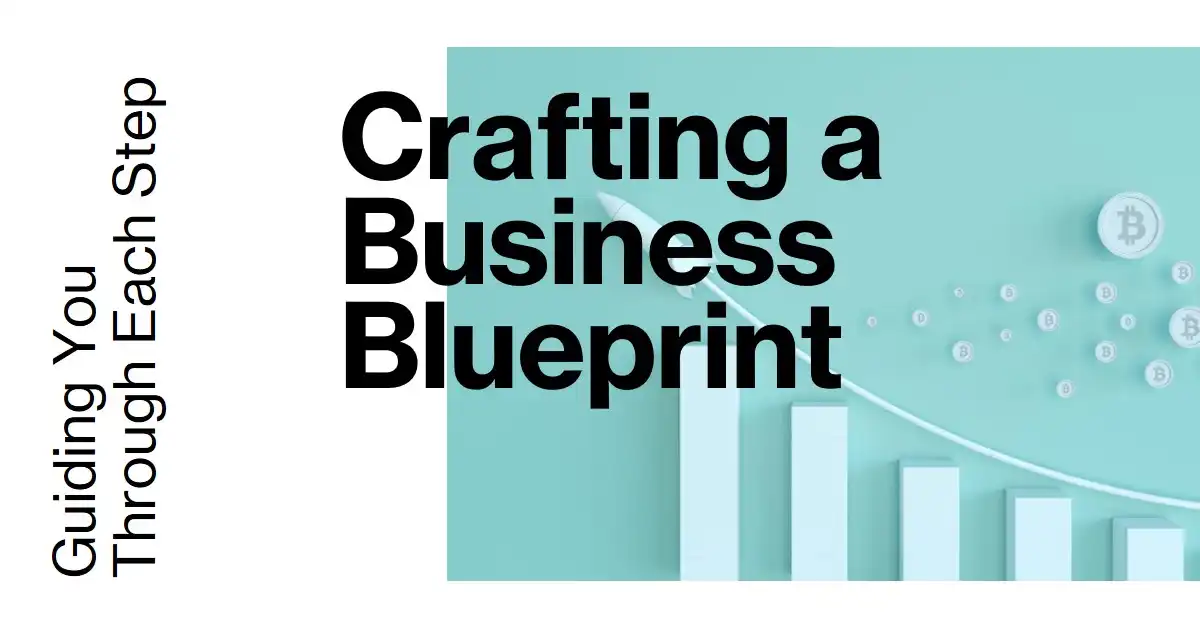Starting a small business is a big adventure. It can be very exciting. But, it can also be hard work. Here are some things you should know before you start.

1. Understand Your Business Idea
First, you need a great idea. Your business idea should be something you love. It should also solve a problem. Ask yourself these questions:
- What is my business idea?
- Who will my customers be?
- Why will people buy from me?
Make sure your idea is clear. It should be easy to explain. Practice telling others about your business idea.
2. Research the Market
Next, you need to research the market. This means looking at other businesses. Find out who your competitors are. Look at what they do well. See where they can improve.
You should also learn about your customers. Find out what they need. Learn where they shop. This will help you make better choices for your business.
3. Write a Business Plan
A business plan is very important. It helps you stay on track. It also helps you get money from banks or investors. Your business plan should include:
- Business goals
- Target market
- Marketing plan
- Financial plan
- Operations plan
Writing a business plan takes time. But, it will help you a lot in the long run.
4. Choose the Right Business Structure
There are different ways to set up a business. You can be a sole proprietor. You can also form a partnership. There are also corporations and limited liability companies (LLCs). Each type has its own rules. Each type also has different tax rules. Talk to a lawyer. They can help you choose the best structure for your business.
5. Secure Financing
Starting a business costs money. You will need to buy things. You will also need to pay for services. Here are some ways to get money:
- Personal savings
- Bank loans
- Investors
- Grants
Make sure you have enough money to start your business. Plan for extra costs too.
6. Register Your Business
Every business needs a name. Choose a name that is easy to remember. Make sure no one else is using it. You will also need to register your business. This means telling the government about your business. You might need a business license too. Check your local rules to make sure you do everything right.
7. Get the Right Permits and Licenses
Some businesses need special permits. These are like permission slips from the government. They let you do certain things. For example, if you sell food, you need a health permit. Check what permits and licenses you need. Make sure you get them before you start.
8. Set Up Your Finances
Keeping track of money is very important. Open a business bank account. This helps keep your business money separate. You should also get accounting software. This helps you keep track of income and expenses. You might also need an accountant. They can help you with taxes and other money matters.
9. Build a Strong Team
You might need help running your business. Think about the people you need. This could be employees, contractors, or partners. Hire people who are good at what they do. Make sure they share your business values.
10. Promote Your Business
People need to know about your business. This is where marketing comes in. You can use social media. You can also use ads. Here are some ways to promote your business:
- Create a website
- Use social media
- Run ads
- Network with other businesses
- Offer promotions
11. Keep Learning
Running a business is a learning process. Things change all the time. Stay updated with new trends. Take courses. Read books. Join business groups. Keep improving your skills and knowledge.
12. Prepare for Challenges
Every business faces challenges. Some days will be tough. Be ready for problems. Have a plan to solve them. Stay positive and keep going.

Frequently Asked Questions
What Are The First Steps To Start A Business?
Research your market, create a solid business plan, and secure funding. These steps are crucial for a successful start.
How Do I Choose A Business Name?
Select a unique, memorable name that reflects your brand. Ensure the name is not already in use by checking trademarks.
What Licenses Do I Need?
Business licenses vary by location and industry. Check with local, state, and federal authorities to determine required permits.
How Can I Fund My Small Business?
Consider options like personal savings, loans, grants, or investors. Each funding source has different requirements and implications.
Bottom Line
Starting a small business is a big step. It takes time, effort, and money. But, it can also be very rewarding. Follow these steps to get started on the right foot. Good luck with your new business!
Related Content
Identify the Principal Characteristic of an Entrepreneur
What must an Entrepreneur do after Creating a Business Plan
How to do Market Research for New Startups
Choosing the right Business Structure
An Entrepreneur would most likely be interested in



